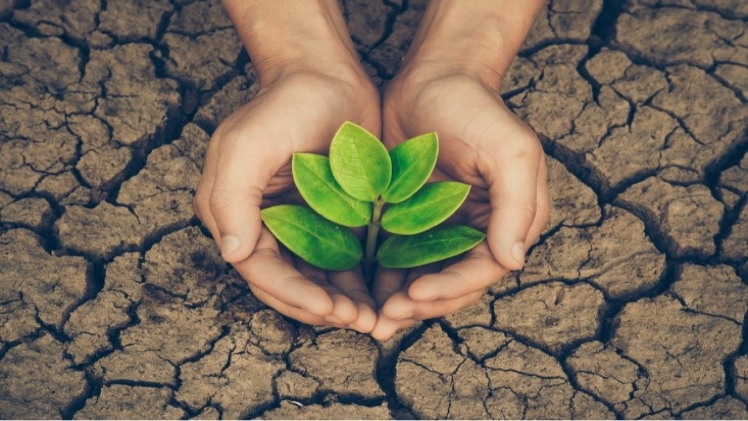The search for Environmentally Safe Solvents has been going on for 20 years. However, the EU’s regulations on chemicals have made it more essential to find more sustainable alternatives. This process is referred to as Reach. Although it is unclear how many solvents will be affected, the need for green alternatives has never been greater. Listed below are some of the best options for green chemistry. All of them are safe and cost-effective.
Conventional solvents are harmful to the environment, particularly if inhaled. Environmentally safe solvents are based on biodegradable substances. The term green solvent refers to organic chemical products that are considered environmentally friendly. These are often referred to as “green” chemicals. They are also referred to as aqueous solutions. Aqueous solvents are a good option because they do not cause allergic reactions or skin irritation.
Using Environmentally Safe Solvents is important to protect the environment. The Environmentally Safety Council (ESR) has recommended a list of environmentally safe cleaning solutions. The label lists these products according to color codes. The Bio preferred standard aims to increase the use of bio-based products with a high content of recent organic carbon. Various label systems are being developed in Europe. One of these is the EPA’s green solvent standard.
The CHEM21 consortium conducted a survey to classify solvents and produced a summary of the results. They noted that there was no consensus on the classification of solvents but introduced green and problematic categories for some. This inconclusive positioning of certain solvents is largely due to differing interpretations of “green.” Nevertheless, it is clear that we need new, green solvents.
The Environmentally Safe Solvents (ESCs) are solvents that are safe for the environment. They can be used in a variety of industries, including chemistry. Some of the most popular solvents are hexane, chloroform, and methanol. These are the most common hydrocarbons used for cleaning and are therefore not environmentally friendly. They can be classified as green if they meet certain requirements.
The environmental safety of solvents is an ongoing concern. Currently, many of the common hydrocarbons are harmful to human health and have been banned or restricted. But the new legislation has made it possible to study the toxicity of solvents and determine which ones are safe for the environment. Moreover, environmentally friendly solutions can reduce the cost of chemical waste disposal, and they can also be used in many other industries.
There are many benefits to using environmentally safe solvents. Compared to synthetic versions, these chemicals are free from toxins. The chemistry of these products is highly dependent on the types of raw materials, and this is the primary reason for the growing popularity of environmentally friendly chemical products. Among the most popular green alternatives are ethyl lactate, d-limonene, and fatty acids.
Unlike the dipolar aprotic solvents, these are the most eco-friendly chemicals. Unlike their counterparts, dipolar aprotic solvents are also more sustainable than halogenated ones. These are the most popular solvents today. The ACS GCI guide offers more information about the different environmentally safe alternatives. The guidelines help companies choose the best ones according to their specific needs. The guidelines can be useful to companies that have to change the solvents they use.
These solvents are green and safe alternatives to other solvents. While they are cheaper than synthetic solvents, they have several drawbacks that make them less environmentally friendly. In addition, many of these products are hazardous to the environment. In addition to being hazardous, halogenated solvents are not the only solvents that are harmful to the environment. This means that the use of natural and organic cleaning solvents can save you money and the environment.
The ideal solvent is water. The other solvents are classified as being less environmentally friendly. The ideal solvent score is one million. The ranking of these solvents is based on their similarity to water. There are some exceptions, however. The only solvent with a high score is ethyl alcohol. This type of organic solvent is better for the environment than petrochemicals. There are also other solvents that are considered environmentally safe. For more environmentally safe solvents and eco-friendly chemicals, visit Solvent Replacement.

